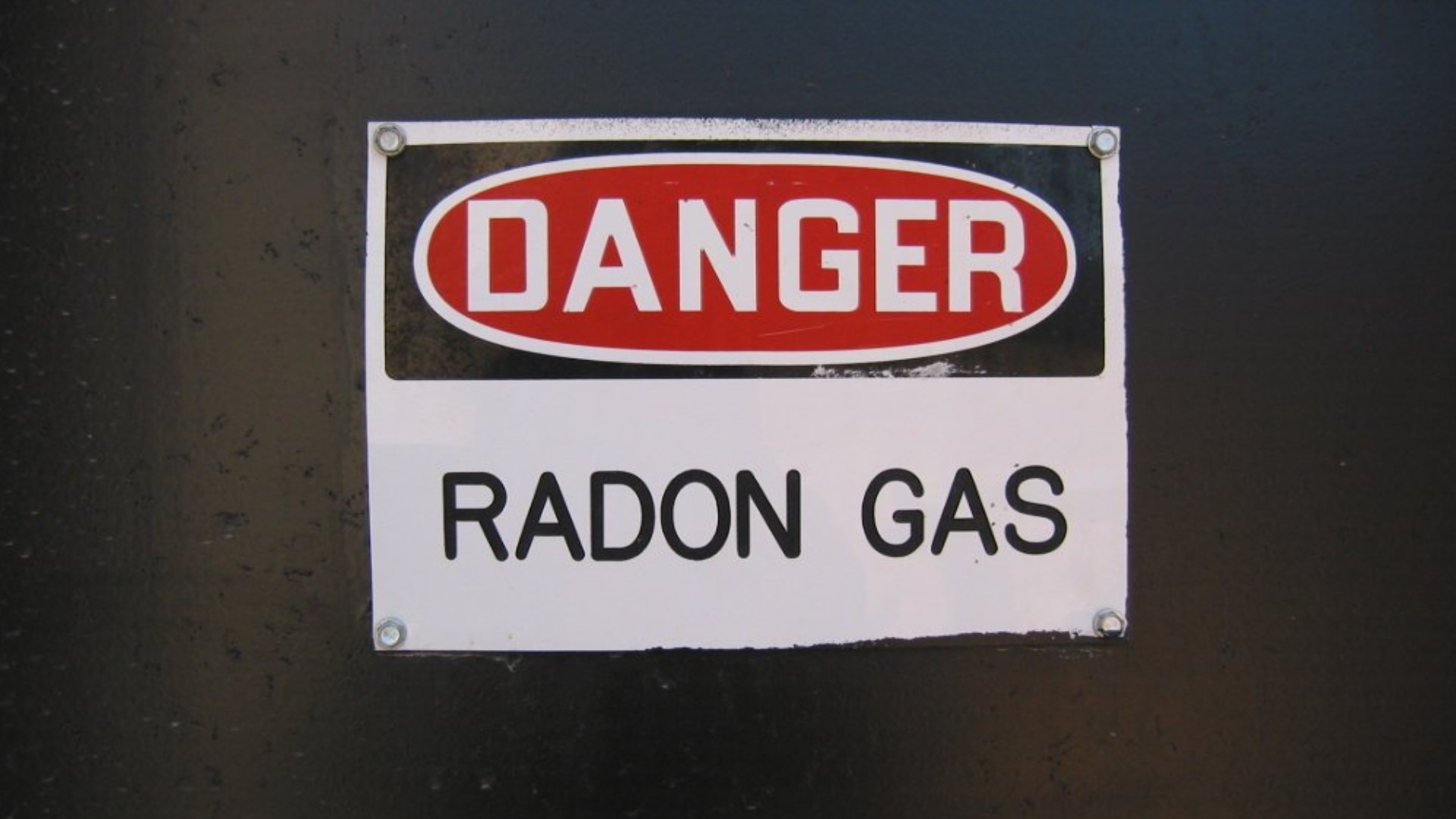YORK, Pa. — January is National Radon Action Month, and the American Lung Association (ALA) is urging everyone to test their home for radon.
It's a naturally occurring radioactive gas emitted from the ground that can enter a home through cracks in floors, basement walls, foundations and other openings.
Exposure to radon is the second leading cause of lung cancer in the United States and is the leading cause of lung cancer in people who have never smoked.
The State of Lung Cancer report revealed that radon has been detected at high levels—more than four picocuries per liter (pCi/L)—in about 39% of homes in Pennsylvania.
"We hear stories again and again of people who come to their doctor who say 'how did I get lung cancer, I've never smoked,'" said Kevin Stewart with the ALA. "The problem with radon is it's colorless, odorless, tasteless, there is no way to detect it with the senses, it doesn't cause any immediate symptoms and that means that people can be exposed to really dangerous levels without their knowing about it."
"There's a lot of awareness out there but because it's not detectable by the senses, it doesn't remind you, like a bad smell would in a house... that there's something that needs to be done," Stewart said.
Do-it-yourself radon test kits are simple to use and inexpensive. The Environmental Protection Agency (EPA) urges anyone with radon levels at or above four pCi/L to take action to install a mitigation system in their homes.
Both the EPA and the ALA recommend that mitigation be considered if levels are greater than two pCi/L. After high levels are detected, a radon mitigation system should be installed by a radon professional.
A typical radon mitigation system consists of a vent pipe, fan and properly sealing cracks and other openings. This system collects radon gas from underneath the foundation and vents it to the outside of your home.
The state Department of Environmental Protection has a list of certified radon mitigation contractors who can install a radon reduction system in your home. They can cost anywhere from $500 to $1500 dollars, but can offer peace of mind that you're doing everything you can to keep your family safe.
To learn more about radon testing and mitigation, click here.

